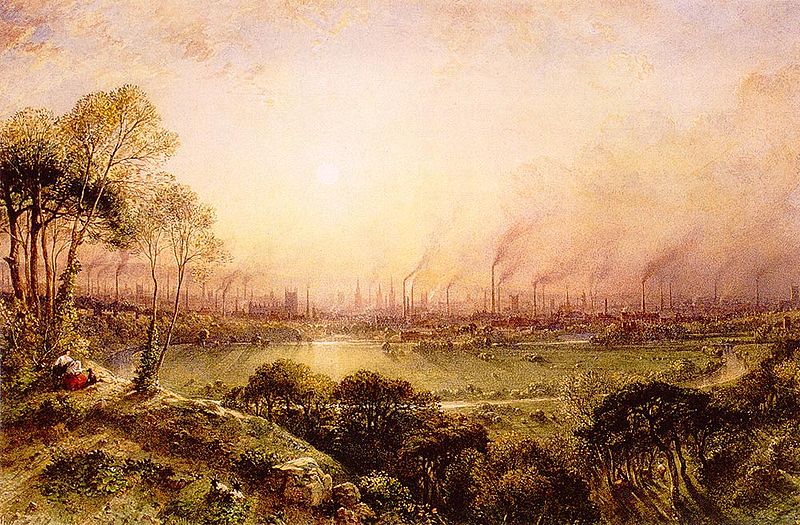Modern Britain and Ireland, 1750-Present

This outline paper covers the history of Great Britain from 1750 and of the United Kingdom from 1801 to the present, so that Ireland is included as a dependency until 1801, as an integral part of the UK from 1801 until 1922 (or thereabouts), and only Northern Ireland thereafter (this caveat alone indicates the complexity of the constitutional history of the period). The paper aims to give a comprehensive overview of the history in all its aspects – social, political, economic, cultural, intellectual and international – over the whole of the modern period and does not propound a single coherent argument about modern developments but seeks to expose first-year undergraduates to the richness and variety of historiographical debate on key issues – the ‘four nations’ of the United Kingdom, the ‘first industrial revolution’, the ‘demographic transition’, the nature of liberalism, changes in religious, moral and sexual belief and practice, the impact of empire, the uneven development of mass culture and class society, the rise and fall of social democracy, Britain’s changing relationship with Europe. Although some specialist approaches will inevitably be highlighted, the aim is to make most topics interdisciplinary, in the sense that they combine as far as possible multiple approaches in single lectures or weekly themes.
WATCH >> Prof. Peter Mandler introduce Modern Britain, 1750 - Present.
Image: Painting by William Wyld entitled Manchester from Kersal Moor (c.1852).
